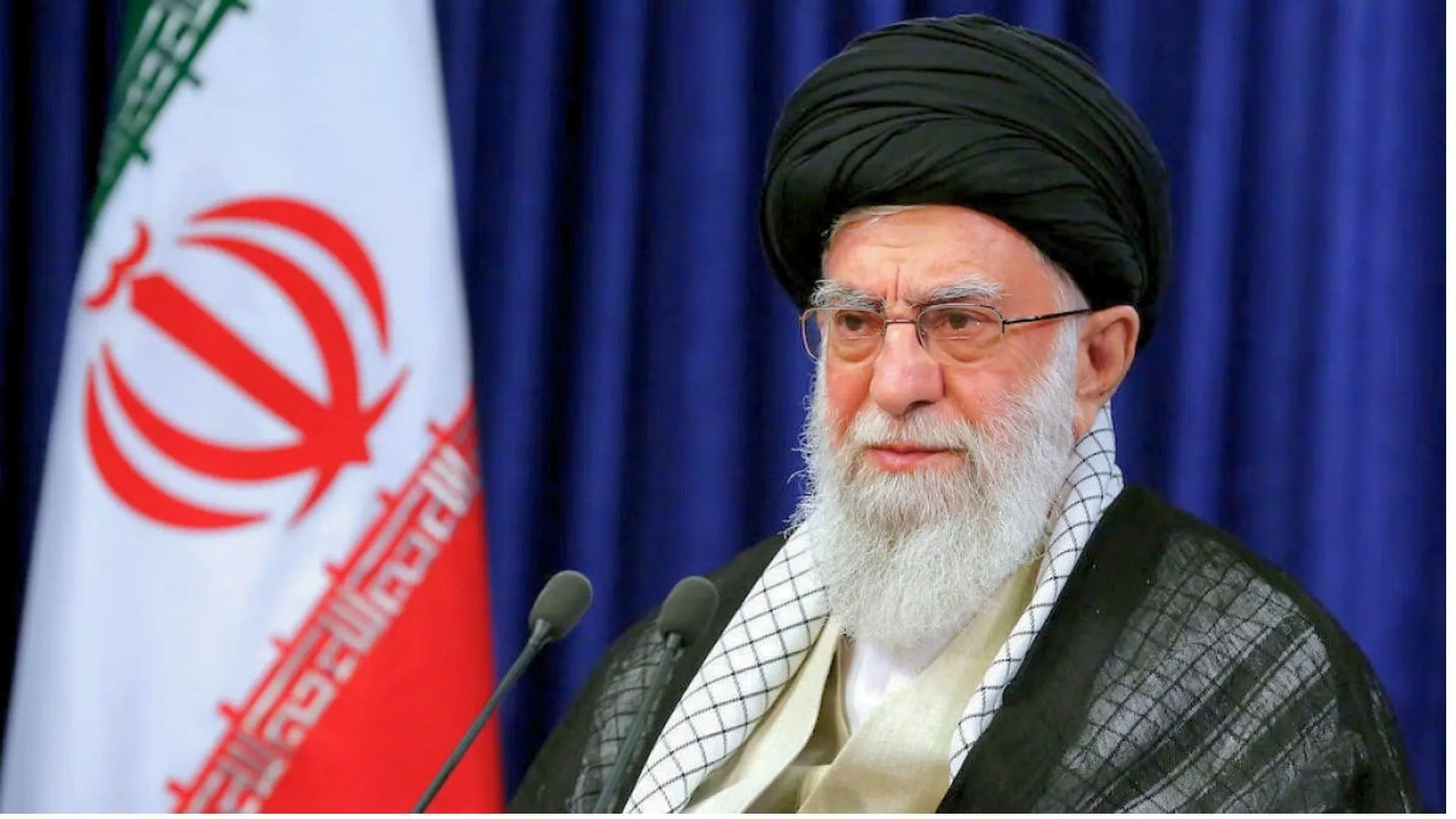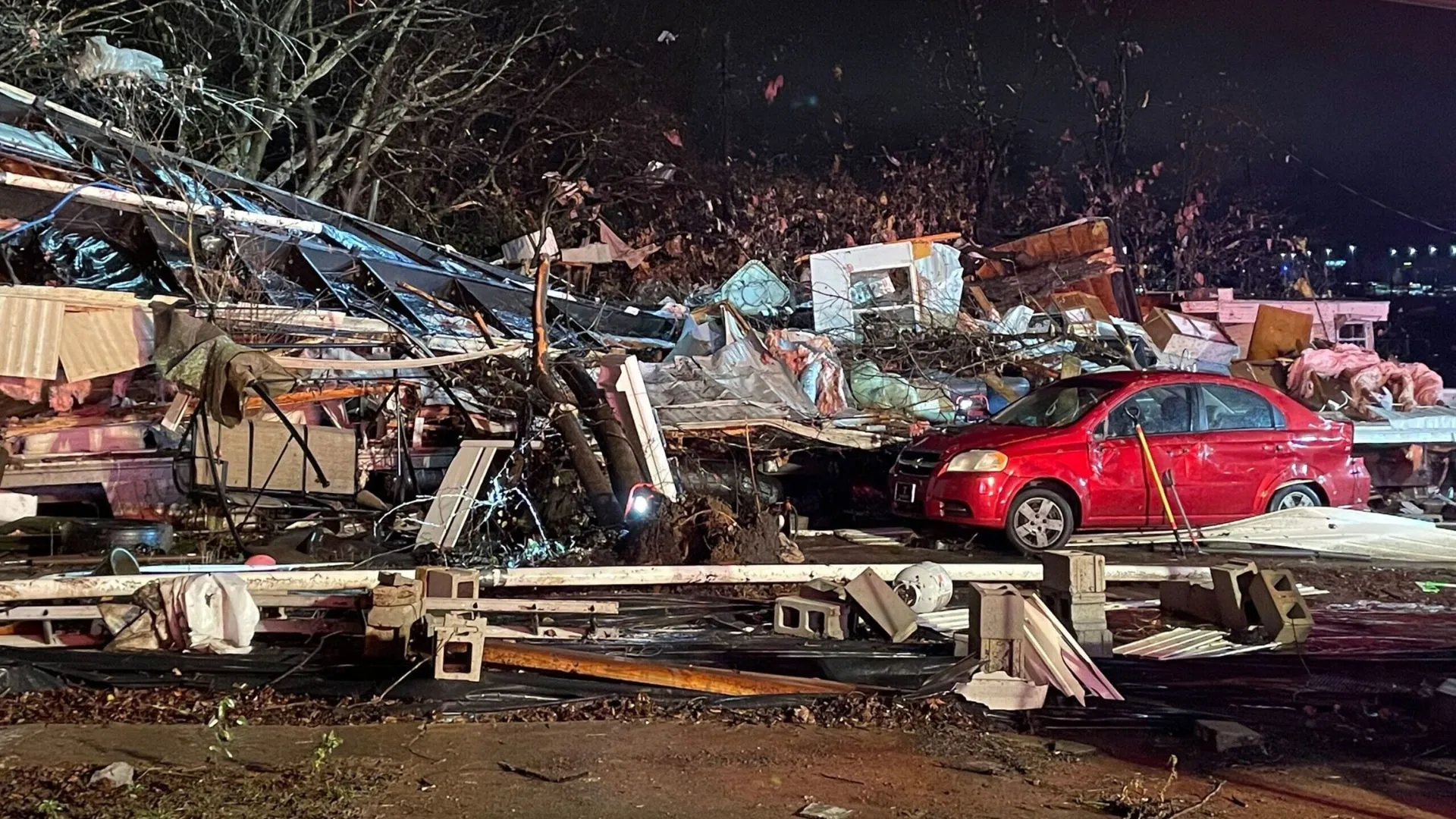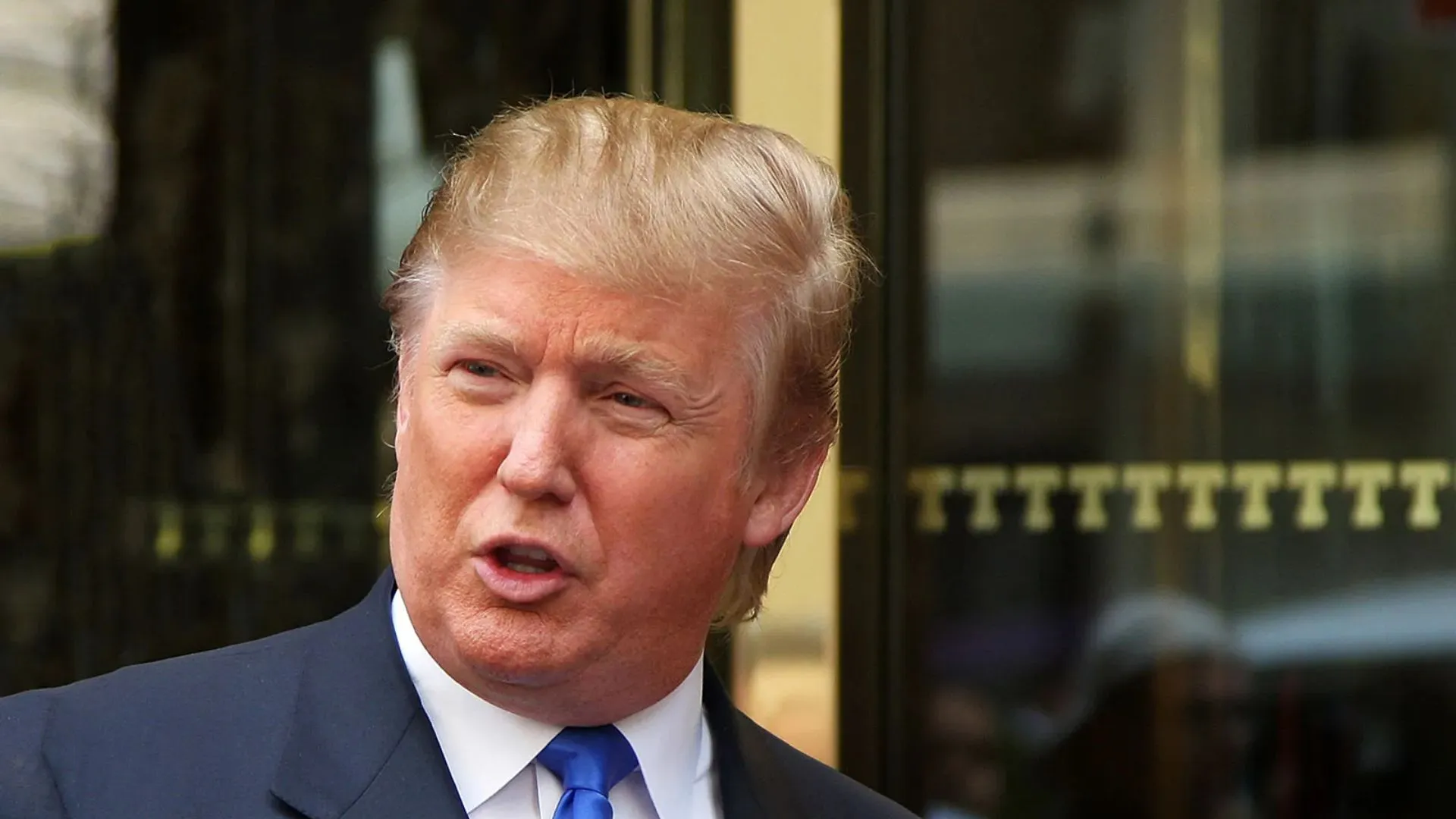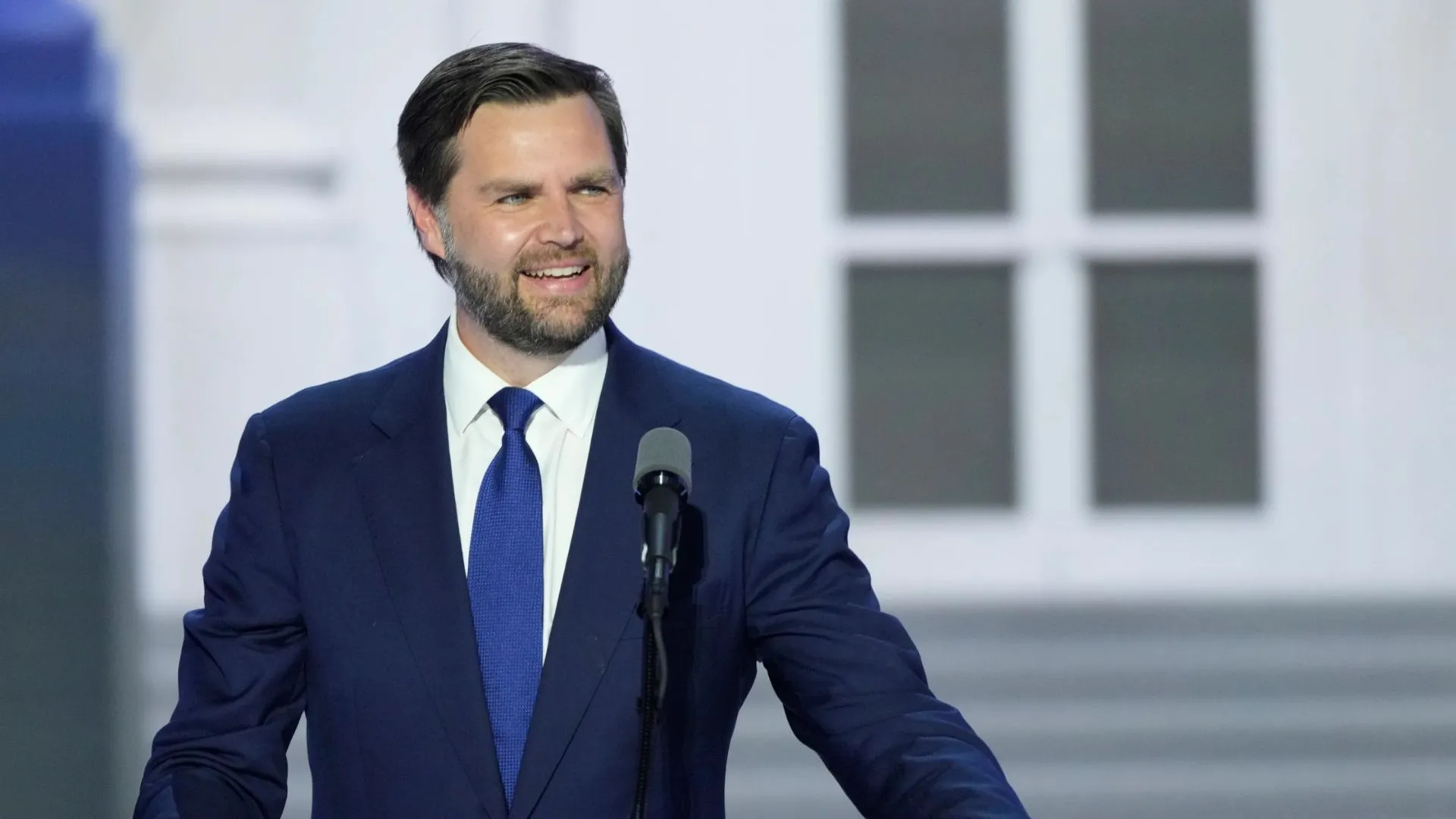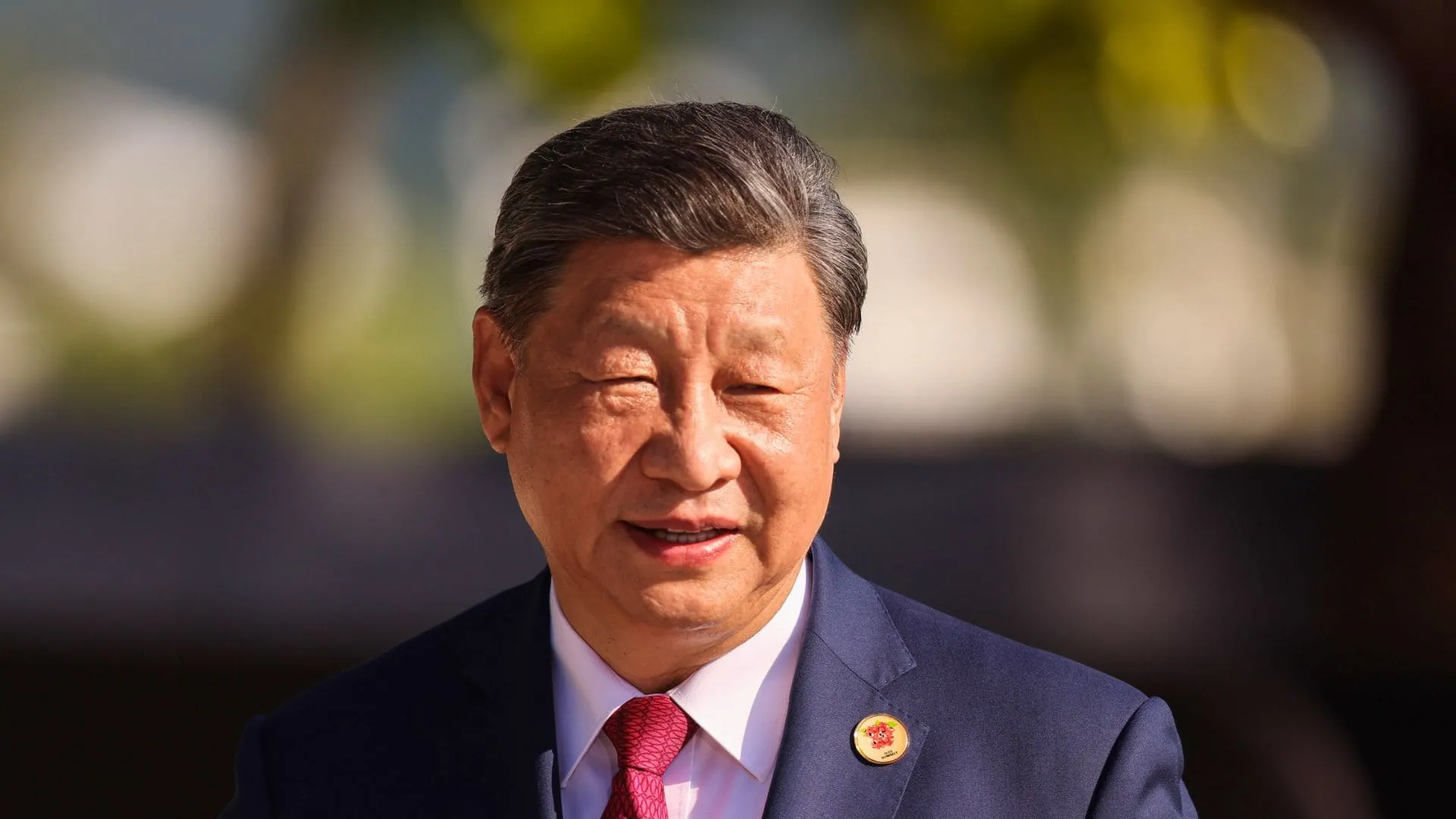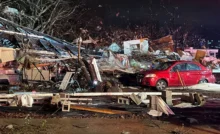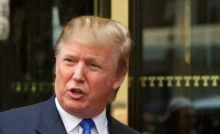Iran’s Supreme Leader, Ayatollah Ali Khamenei, has made a strong threat to the United States, promising a “strong blow” if President Donald Trump goes ahead with his threat to bomb Iran. Donald Trump reaffirmed on Sunday that military action would be taken if Tehran did not agree to negotiate, as set out in a letter to Iran’s leadership in March. The letter provided a two-month deadline for a response. However, Tehran has firmly rejected direct negotiations, maintaining its defiance against U.S. pressure.
Khamenei’s Strong Response Against U.S. Pressure
Responding to the situation on Monday, Ayatollah Ali Khamenei brushed aside Washington’s threats but clarified that any aggression would be met with a strong reaction. “The U.S. and Israel have never had friendly relations with Iran. They threaten us with military action, although we don’t find it probable. But if they make any mischief, they will be given a crushing counter-blow,” he said.
Ayatollah Ali Khamenei also blamed the U.S. for trying to destabilize Iran by fomenting internal unrest. He cited previous protests, such as the 2022-2023 protests after Mahsa Amini died in detention and the 2019 nationwide protests against fuel price increases. Iranian officials have repeatedly attributed domestic unrest to Western meddling, presenting it as part of a larger effort to undermine the country.
Iran Rejects Direct Negotiations, Condemns Bombing Threats
In response to Washington’s communication, Iran has made its position clear. President Masoud Pezeshkian stated on Sunday that while Tehran remains open to indirect negotiations, it will not engage in direct talks with the U.S., in line with Ayatollah Ali Khamenei’s directive.
Iran Foreign Ministry Spokesperson Esmaeil Baghaei condemned Trump’s statement, terming it a “blatant provocation against world peace and security.” He issued a warning, “Violence begets violence, peace begets peace. The U.S. should make its decision and bear the fruit of its act.”
Donald Trump’s aggressive stance against Iran is a continuation of his previous policies. In his first term, he pulled the U.S. out of the 2015 nuclear deal, which had put severe restrictions on Iran’s uranium enrichment in return for sanctions relief. Tehran has since greatly grown its nuclear program, exceeding the limits of the deal. Western countries accuse Iran of pursuing nuclear weapons capabilities, but Tehran claims its program is for civilian energy purposes only.
As tensions continue to rise, the likelihood of the two countries engaging in a direct confrontation increases. The two are still unyielding in their stance, further destabilizing the already volatile region.


